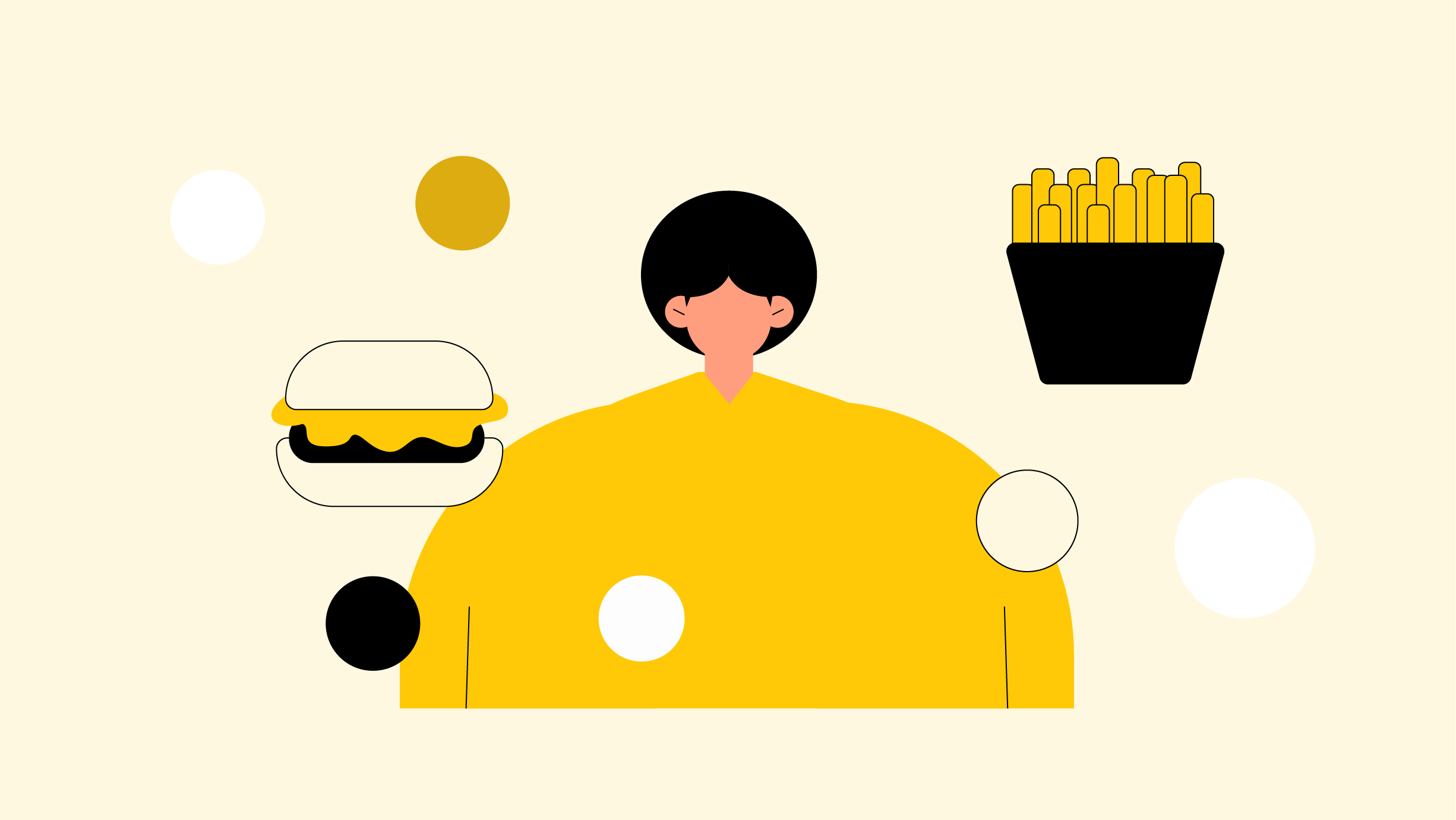What should I tell my care team before I take this medication?
They need to know if you have any of these conditions:
- Abnormal electrolytes, such as sodium, phosphate, potassium or calcium
- Bowel problems, such as colitis, constipation, and obstruction
- Chest pain caused by angina
- Dehydration
- Heart failure
- Kidney disease
- Seizures
- An unusual or allergic reaction to sodium phosphate, other medications, foods, dyes, or preservatives
- Pregnant or trying to get pregnant
- Breast-feeding
What may interact with this medication?
- Aspirin
- Certain medications used to treat high blood pressure, such as captopril, enalapril, lisinopril, or candesartan, losartan, valsartan
- Diuretics
- NSAIDS, medications for pain and inflammation, such as ibuprofen or naproxen
This list may not describe all possible interactions. Give your health care provider a list of all the medicines, herbs, non-prescription drugs, or dietary supplements you use. Also tell them if you smoke, drink alcohol, or use illegal drugs. Some items may interact with your medicine.
What should I watch for while using this medication?
Do not use any other bowel-cleansing preparations, like enemas, while you are taking this medication. Take only clear liquids starting at least 12 hours before starting this medication. Examples of clear liquids are water, flavored water, lemonade (no pulp), ginger ale or apple juice. Do not drink any liquids colored purple or red.
Talk to your care team if you are not able to complete the regimen as prescribed.
See your care team right away if you do not have a bowel movement after using this medication.
What are the most serious risks of this medication?
This medicine has caused rare cases of severe kidney damage. The damage can be kidney failure or the need for dialysis for a long time. Kidney damage can happen to anyone who takes this medicine before a colonoscopy. The damage can happen within a few days, but it could be months after taking this medicine. There may be a higher risk in those who: have kidney disease or problems; are dehydrated; have slow moving bowels; have constipation; have severe stomach pain or bloating; have a bowel disease, like colitis; have heart failure; take certain medicines for blood pressure, heart disease, or kidney disease; or are older than 65.








